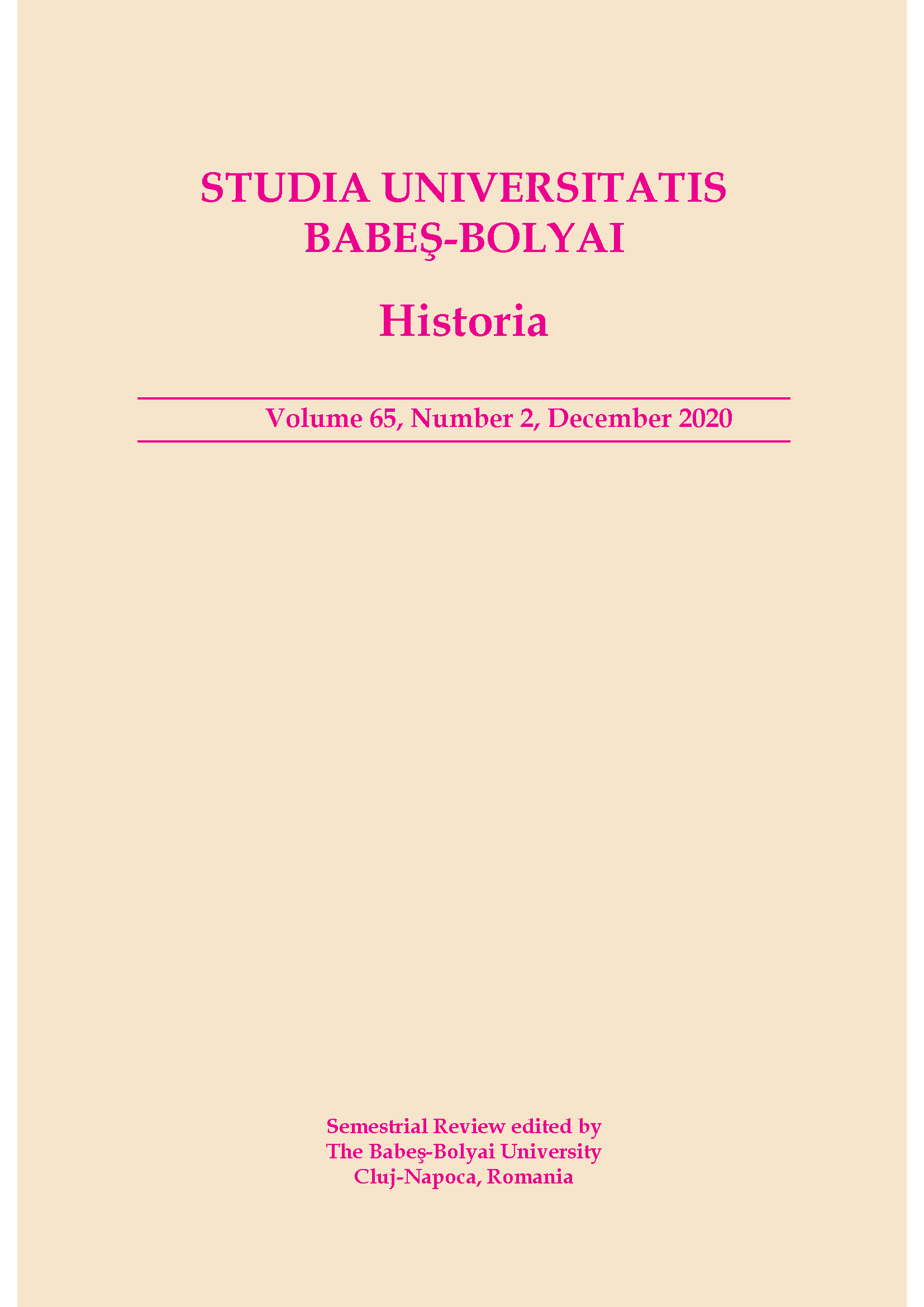THE ALTERNATIVE ECONOMY: INFORMAL EXCHANGES AND CRIMINAL ACTIVITIES FROM THE PERSPECTIVE OF THE COMMUNIST REGIME’S INSTITUTIONAL FRAMEWORK
THE ALTERNATIVE ECONOMY: INFORMAL EXCHANGES AND CRIMINAL ACTIVITIES FROM THE PERSPECTIVE OF THE COMMUNIST REGIME’S INSTITUTIONAL FRAMEWORK
Author(s): Vlad OnaciuSubject(s): Social history, Post-War period (1950 - 1989), History of Communism
Published by: Studia Universitatis Babes-Bolyai
Keywords: shortage; ‘blat’; alternative economy; Miliţia; second economy; informal exchange;
Summary/Abstract: The Alternative Economy: Informal Exchanges and Criminal Activities from the perspective of the Communist regime’s institutional framework. Shortages plagued Romanian communism from the very beginning to its inevitable downfall in 1989. People developed strategies to overcome it, based on informal exchange, creating an alternative economic system. Many of these activities involved stealing from the workplace, embezzling, abuse of position, and smuggling. It also involves a certain level of trust between individuals, allowing them to co-operate despite the risks. The authorities tried through surveillance and sting operations to reduce the extent of these activities, which were hindering the official economy. They went as far as infiltrating queues to gather information on the state of mind of the population.
Journal: Studia Universitatis Babes-Bolyai - Historia
- Issue Year: 65/2020
- Issue No: 2
- Page Range: 101-121
- Page Count: 21
- Language: English

